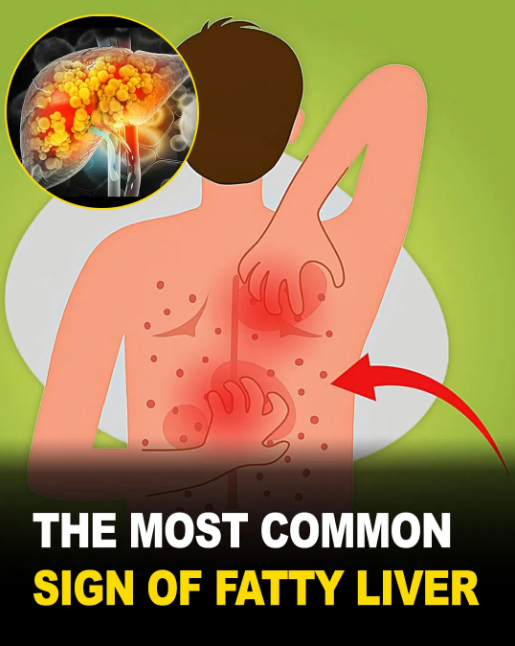
Fatty Liver: Causes, Symptoms, Treatment & Home Remedies
Fatty liver, also known as hepatic steatosis, occurs when excess fat accumulates in the liver. While it’s normal for the liver to contain some fat, excessive fat buildup can lead to inflammation, liver damage, and more serious conditions such as cirrhosis. There are two main types: non-alcoholic fatty liver disease (NAFLD) and alcoholic fatty liver disease (AFLD), depending on whether alcohol consumption is a factor.
Causes
Fatty liver can develop due to various reasons. Excessive alcohol intake is a leading cause of AFLD, while NAFLD is often linked to poor diet, obesity, insulin resistance, and metabolic disorders. Other risk factors include rapid weight loss, high cholesterol, type 2 diabetes, and certain medications like corticosteroids and chemotherapy drugs. Genetics can also play a role, making some individuals more susceptible to fat accumulation in the liver.
Symptoms
Fatty liver is often referred to as a silent disease because many people experience no symptoms, especially in the early stages. When symptoms do appear, they can include fatigue, weakness, mild pain or discomfort in the upper right abdomen, and unexplained weight loss. In more severe cases, individuals may experience jaundice (yellowing of the skin and eyes), swelling in the legs or abdomen, and confusion — signs that the liver is struggling to function properly.
Treatment
There is no specific medication approved to treat fatty liver directly, but managing underlying causes can help reverse or prevent further damage. Treatment often involves lifestyle changes, such as losing weight through a balanced diet and regular exercise, limiting alcohol consumption, controlling blood sugar and cholesterol levels, and avoiding unnecessary medications or supplements that could stress the liver. In advanced cases, such as cirrhosis, more intensive treatments — including liver transplants — may be necessary.
Home Remedies
Several natural remedies can support liver health and reduce fat buildup:
- Maintain a healthy weight by following a balanced, Mediterranean-style diet rich in fruits, vegetables, whole grains, and healthy fats.
- Increase physical activity, aiming for at least 30 minutes of moderate exercise daily.
- Drink coffee — research suggests that moderate coffee consumption may protect the liver.
- Stay hydrated and reduce sugar and refined carbs, which contribute to fat accumulation.
- Use herbs like milk thistle (under medical supervision), which may support liver function.
- Avoid processed foods, trans fats, and excessive salt, which can exacerbate liver problems.
With early diagnosis and proactive care, fatty liver can often be reversed, preventing further complications and improving overall health.


